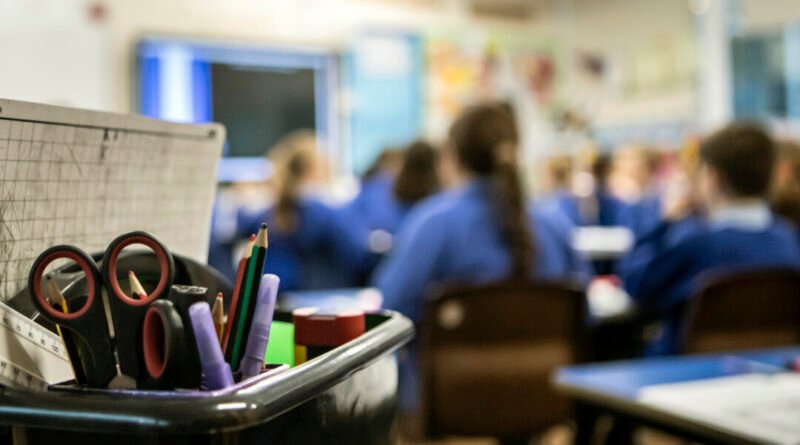Report Suggests School Absenteeism Will Continue to Increase Post-Lockdown
Children from lower-income families were disproportionately affected by school closures, resulting in a doubling of absenteeism that could persist until these students finish secondary school.
According to a recent report, school absence rates in the UK doubled as a consequence of school closures and lockdown restrictions, with lower attendance figures expected to endure for an extended period.
The London School of Economics (LSE) research suggests that higher absenteeism rates may continue until the generation directly impacted by COVID-19 policies completes their secondary education.
The report was released in conjunction with a UK COVID-19 Inquiry preliminary hearing aimed at assessing the effects of lockdowns and restrictions on children and young individuals, particularly in terms of their education.
Between the academic years of 2018-2019 and 2021-2022, the average rate of non-self-isolation-related school absences more than doubled from 3.6 percent to 7.7 percent of half-day school sessions missed, respectively.
‘Shift in Attitude’ Towards Attendance
The increased absence rates are attributed to a shift in attitudes toward school attendance and a rise in mental health issues like anxiety and depression.
The report from the LSE’s Centre for Economic Performance also highlights that pupils from low-income households have experienced a more pronounced impact, with absenteeism rates persisting at twice the rate for these children, leading to a widening educational achievement gap based on socio-economic status.
Furthermore, the report reveals that the number of pupils missing at least one day of school every two weeks increased more than fourfold between 2019 and 2021.
Additionally, there was a 10 percent increase in absences due to local authority responses to COVID-19 in 2020, resulting in a 6.5 percent rise in absences the following year, despite the easing of initial concerns and restrictions.
The research projected that it may take until around 2027 to return to pre-2020 absence levels if this trend continues.
During the first national lockdown in March 2020, schools across the country were closed for over two months, with a phased reopening commencing in June 2020. However, policies varied across local authorities, impacting attendance rates.
The study focused on absence rates for 3.7 million pupils during two distinct periods affected by restrictions, revealing differences based on the severity of local lockdown measures.
Strict High ‘Tier’ Areas Most Impacted
Pupils in areas with stricter local lockdowns exhibited higher absence rates, particularly affecting those from lower socio-economic backgrounds due to varying restrictions.
Researchers attributed the substantial increase in absence rates in 2021-22 to the lingering effects of the absenteeism during autumn 2020.
In conclusion, the study recommends efforts to reduce school absences and highlights the enduring impact of pandemic-induced policies on education.
The report emphasizes the need for interventions to address the educational consequences of COVID-19, particularly for primary school pupils.
Impact on Attainment at 11
Co-author Sandra McNally noted the importance of policies to counteract the effects of pandemic-induced learning loss and the lasting impact on primary school pupils’ educational outcomes.
The report forms part of a Nuffield Foundation-funded project examining the impact of school closures and related policies, aiming to shed light on the consequences of the pandemic on educational attainment.
Following a preliminary hearing today, Module 8 of the COVID Inquiry will delve into the impact of lockdown measures on children from diverse backgrounds, including those with special educational needs, marking a significant step in evaluating the long-term effects of the pandemic on the rising generation.
A separate module addressing the impact of lockdowns on children was added to the inquiry’s scope in response to advocacy from children’s rights organizations like Us For Them.
PA Media contributed to this report





